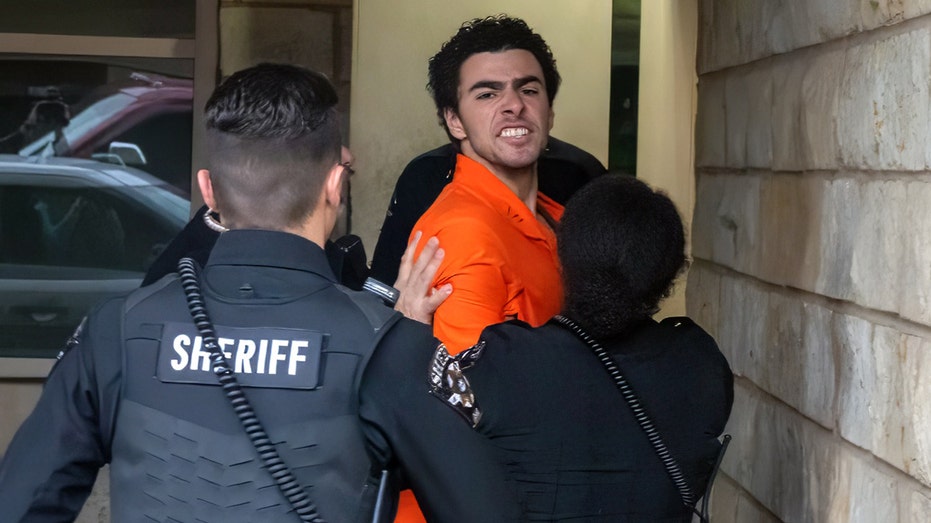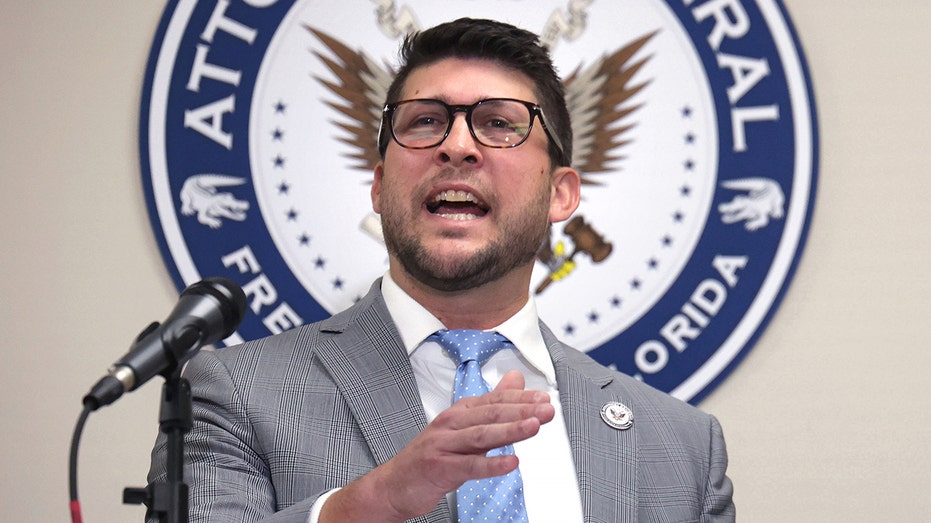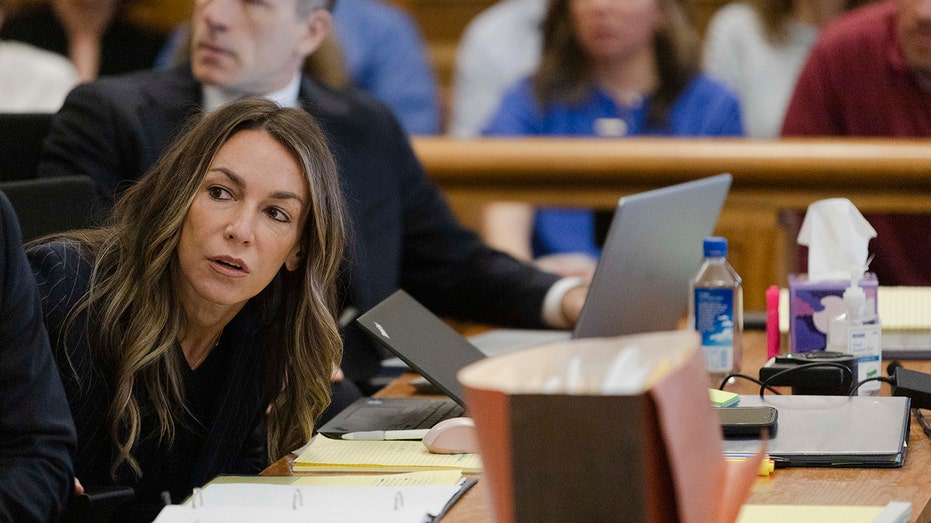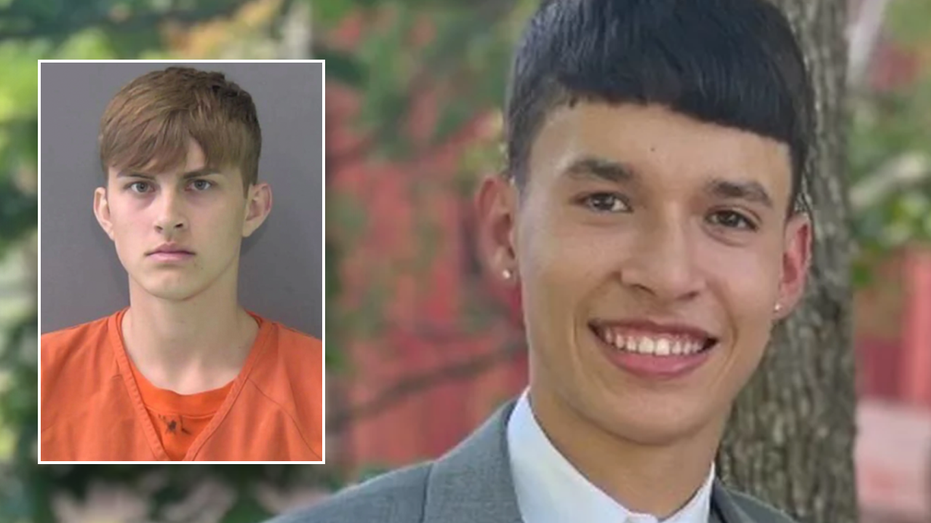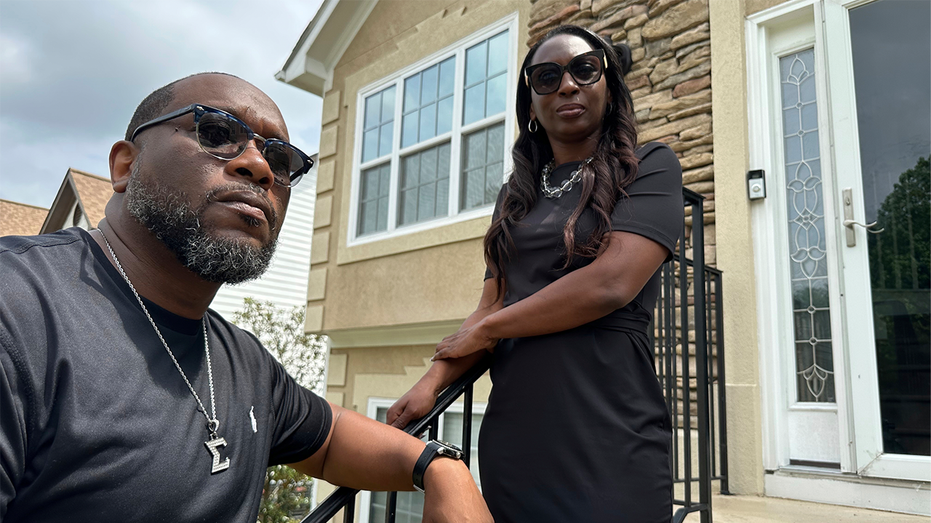
The U.S. Supreme Court is set to hear arguments in a significant legal case involving a woman’s lawsuit against the federal government over an FBI raid on her Atlanta, Georgia home. The incident, which occurred in 2017, has raised critical questions about law enforcement accountability and the right to sue the government for wrongful actions.
On October 18, 2017, FBI agents conducted a pre-dawn raid on the home of TRINA MARTIN, 46, mistakenly targeting her residence while searching for a suspected gang member. Agents forcefully entered her home, pointed guns at her and her then-boyfriend, and prevented her from attending to her 7-year-old son, who was in another room. The agents later realized they had raided the wrong house.
MARTIN filed a lawsuit in 2019, accusing the FBI agents of assault, battery, false arrest, and other violations. However, the case was dismissed by a federal judge in Atlanta in 2022, and the 11th U.S. Circuit Court of Appeals upheld the dismissal in 2023. The Supreme Court will now consider whether the federal government can be held accountable in such cases, particularly when law enforcement actions result in harm to innocent individuals.
The case hinges on the interpretation of the Federal Tort Claims Act, which allows lawsuits against the government for certain wrongful actions. MARTIN‘s legal team argues that the law explicitly permits such claims, especially in cases of wrongful raids. They cite a 1974 precedent where Congress allowed lawsuits following similar incidents. The government, however, contends that law enforcement decisions should not be subject to judicial second-guessing, particularly when agents act in good faith.
The FBI has declined to comment on the pending litigation. In court filings, the Justice Department argued that the raid was not a “no-knock” or warrantless operation, distinguishing it from cases that prompted legislative action in the 1970s. The 11th Circuit agreed with this reasoning, stating that courts should not penalize officers for honest mistakes.
MARTIN and her family have described the raid as a traumatic event that has left lasting psychological scars. Her then-boyfriend, TOI CLIATT, 54, and her son were also deeply affected. CLIATT had to leave his job as a truck driver due to the emotional toll, while MARTIN stopped coaching track because the sound of a starting pistol reminded her of the raid. Her son has since exhibited severe anxiety, including pulling threads from his clothes and peeling paint off walls.
The case has drawn attention to the broader issue of wrongful raids and the lack of recourse for victims. Legal experts note that conflicting interpretations of the Federal Tort Claims Act across U.S. courts have created a patchwork of legal standards, necessitating Supreme Court intervention.
The Supreme Court’s decision could have far-reaching implications for law enforcement practices and the ability of individuals to seek justice for wrongful government actions. The hearing is scheduled for Tuesday, with a ruling expected later this year.
Source: [The Associated Press](https://apnews.com)


